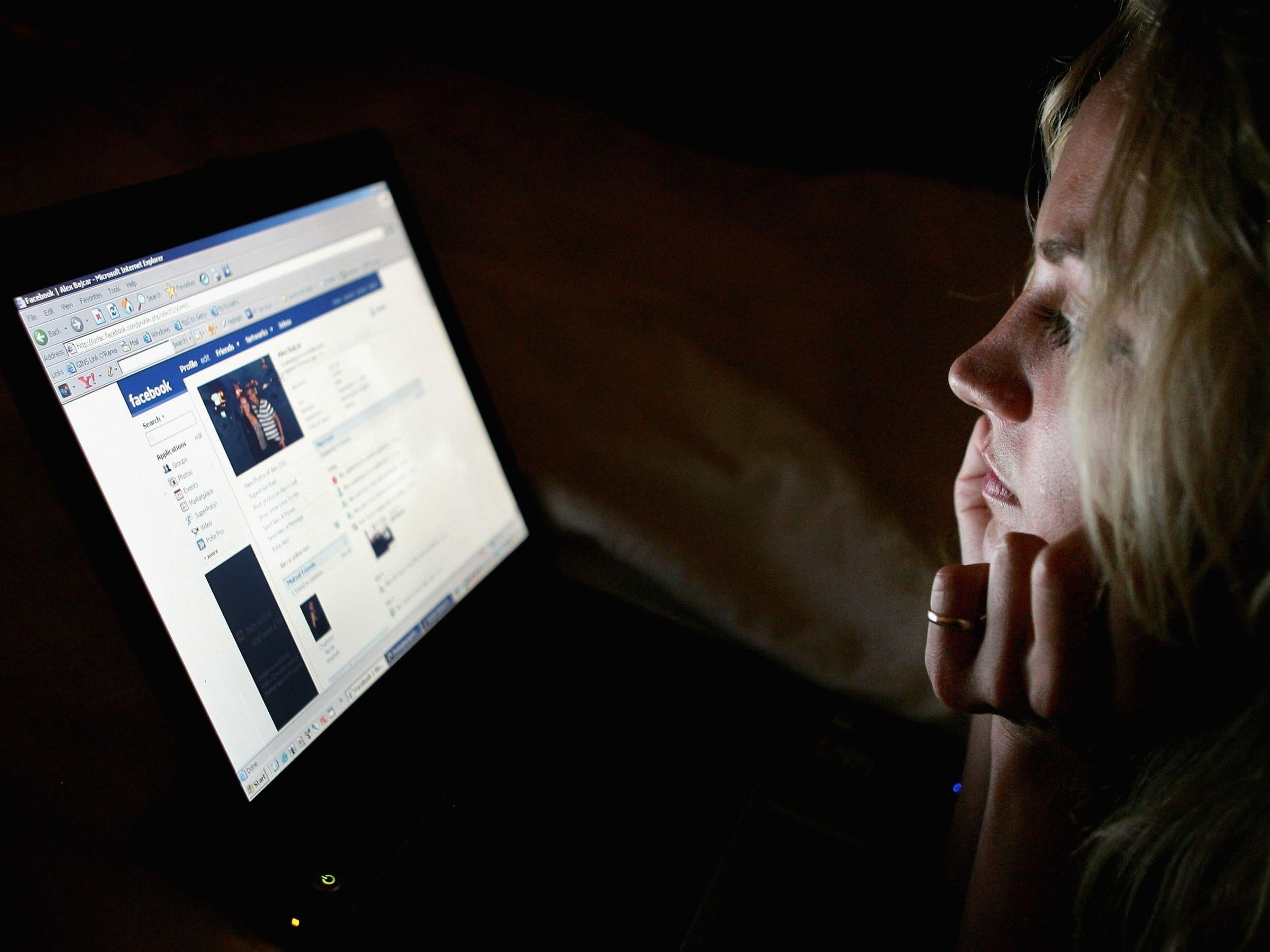Men are angrier and more argumentative on Facebook than women, study finds
Women weren't quite as aggressive as men, but the study found they weren't any less assertive

Men are typically angrier and more argumentative on Facebook than women, a new study has found.
The findings come from a team of researchers from New York's Stony Brook University, who used a computer program to analyse around 10 million status updates and comments made by more than 65,000 Facebook users, who agreed to take part in the study.
Women's language on Facebook was "warmer and more agreeable" than men's, who tended to be more hostile and impersonal.
The distinction was so clear that the researchers were able to guess a user's gender simply from the language used in their posts, with 90 per cent accuracy.
Some of the most commonly-used words in statuses posted by women were 'wonderful', 'happy', 'birthday', 'daughter', 'baby', 'excited' and 'thankful'.
Meanwhile, the list of top men's words included 'freedom', 'liberty', 'win', 'battle' and 'enemy'.
While men were shown to be slightly more aggressive on Facebook, they weren't more assertive.
The most influential people on social media in 2015
Show all 6In fact, women's posts tilted more towards the assertive and assured end of the spectrum than men.
This finding was reflected in the study's title, 'Women are warmer but no less assertive than men: Gender and language on Facebook', which has been published in the PLOS ONE journal.
According to Dr. Margaret Kern, a University of Melbourne psychologist who worked on the study, the research reveals just as much about our minds as it does our behaviour on Facebook.
"In many ways, the topics most used by women versus men are not surprising - they fit common gender stereotypes," she said.
"The computational methods let us make visible what the human mind does to automatically categorise people we encounter in our everyday lives."
Using data gathered in the study, the team have developed a website which allows them to log in through Facebook to see what their language says about their gender. You can try it for yourself here.
Subscribe to Independent Premium to bookmark this article
Want to bookmark your favourite articles and stories to read or reference later? Start your Independent Premium subscription today.

Join our commenting forum
Join thought-provoking conversations, follow other Independent readers and see their replies